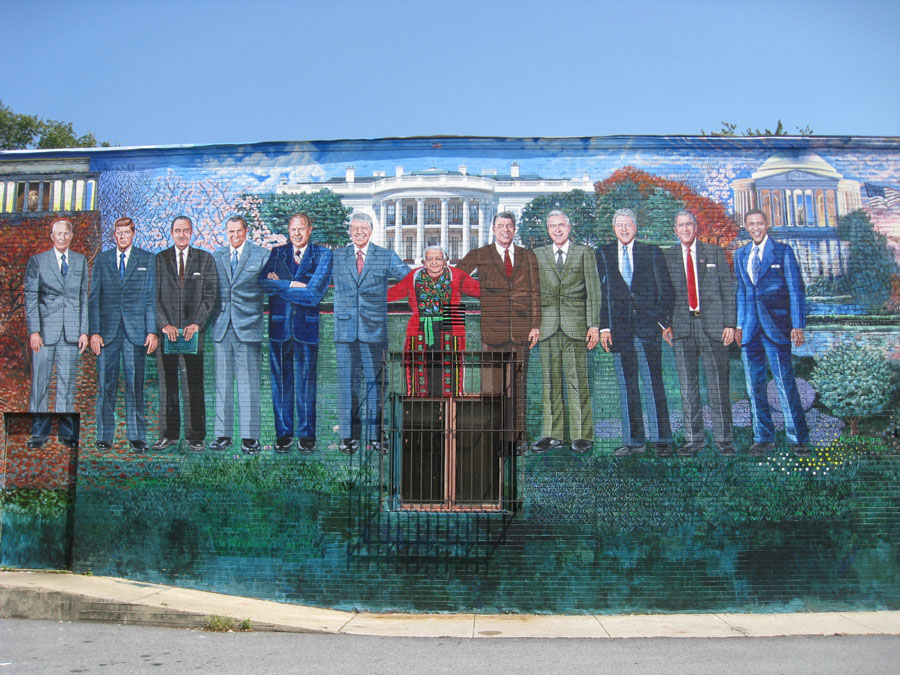
The first time I participated in a national election I cast my vote for George McGovern.
I believed in him and his entire platform. Some people may remember him only as the man who suffered a crushing defeat against Richard Nixon in 1972, but McGovern was so much more than that. A lifelong advocate for peace and justice, he was also a former war hero who flew 35 missions in Europe in World War II, including several during which his plane was so shot up he barely managed to fly it to a safe place to land, feats which earned him the Distinguished Flying Cross.
Yet his remarkable resume wasn’t enough to overcome the slander and innuendo heaped upon him during the 1972 campaign in which he ran as the anti-war candidate, determined to end the bloodshed in Vietnam. Nixon’s team branded McGovern as a pacifist sissy.
A proud liberal, McGovern spent his long life working to promote peace, to end hunger around the world, and to implement tax reform and better health care. He didn’t get a lot of respect for his efforts until late in his life, long after the corruption of Nixon’s campaign and the machinations of the Republican Party had been exposed.
I was sorry he lost in 1972. It was the start of trend, for me. The candidates for whom I voted rarely won, and if they did, they usually didn’t last long. Jimmy Carter was in and out of the White House so fast it barely registered. Then came the Clinton triumph, and I thought for a while the jinx was over, until he revealed that he was only a man, even in the Oval office.
When Obama won I was far away, on the west coast, in the other Washington, where the constant clanging of partisan swords and sound bites that provides the ambient soundtrack inside the Beltway seems pleasantly remote. But as I watched the gathering on the National Mall during Obama’s inauguration, I felt a wistful pang of homesickness. At last, I thought, the tide was turning, and I wasn’t there to enjoy it.
Now, the stage is set for another showdown. I’m not confident. I’ve seen enough of these things to know that money matters far more than it should in our political system. And the poorest among us, the ones who can least afford to lose more, are the ones who stand to lose the most.
Still. There’s hope.
On a wall near Calvert Street in Washington, D.C., a striking mural covers the side of Mama Ayesha’s restaurant. Completed in 2009, the painting by artist Karla “Karlisima” Rodas depicts the last nine presidents, from Eisenhower to Obama. In the center is Mama Ayesha herself, a petite yet powerful woman whose Middle Eastern restaurant began serving to Washington notables in 1960, as the Calvert Cafe. After Mama Ayesha’s death in 1993, the name of the restaurant was changed to honor her. Born in Jerusalem, Mama Ayesha came to this country in 1940 and began her career as a cook for the Syrian Embassy. Her enduring success (the restaurant continues as a family business) is a tribute to all that America stands for – opportunity, freedom, social justice and the dignity of the individual. It is fitting that her portrait is included among all those powerful presidents.
But the question remains: Will there be a new face in the mural line-up after November 6th? Maybe the artist has no plans to update, no matter what happens. There’s no telling, after all. Polls and maps and surveys toss numbers around like confetti, but in the end it will come down to hard numbers.
How much is your country worth to you? There’s a number out there.